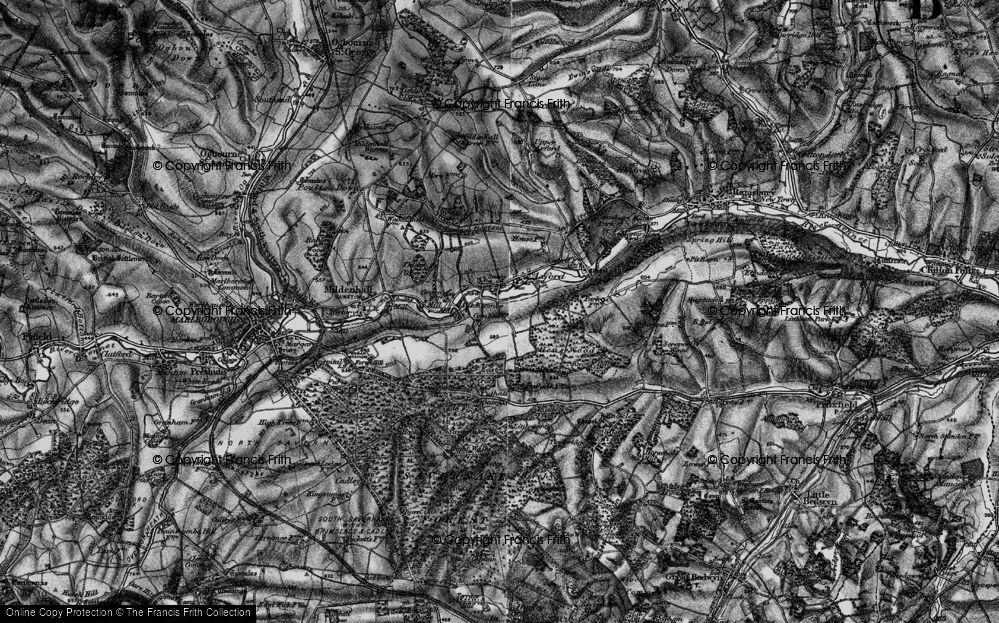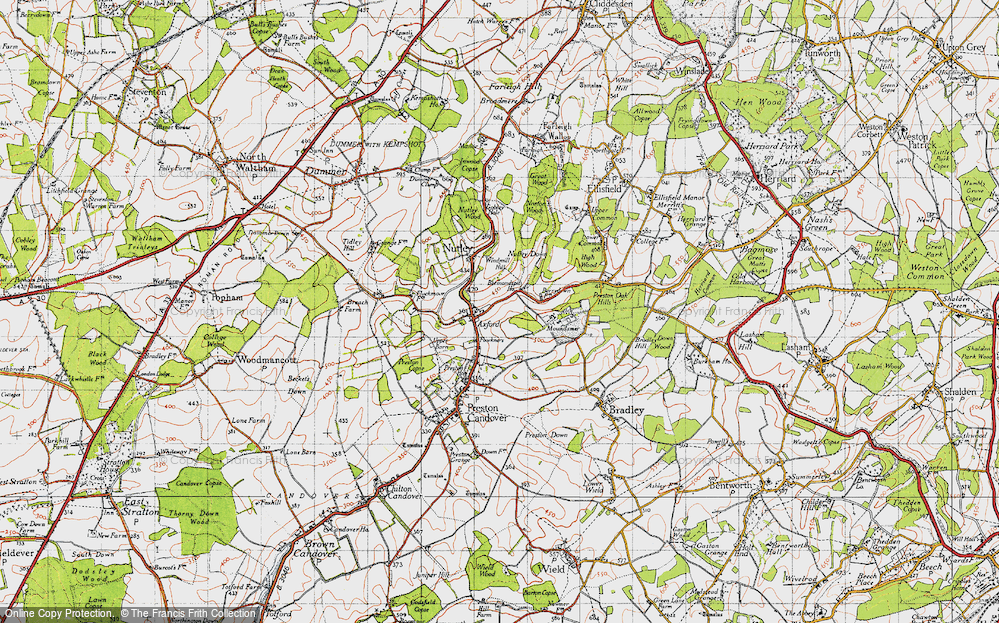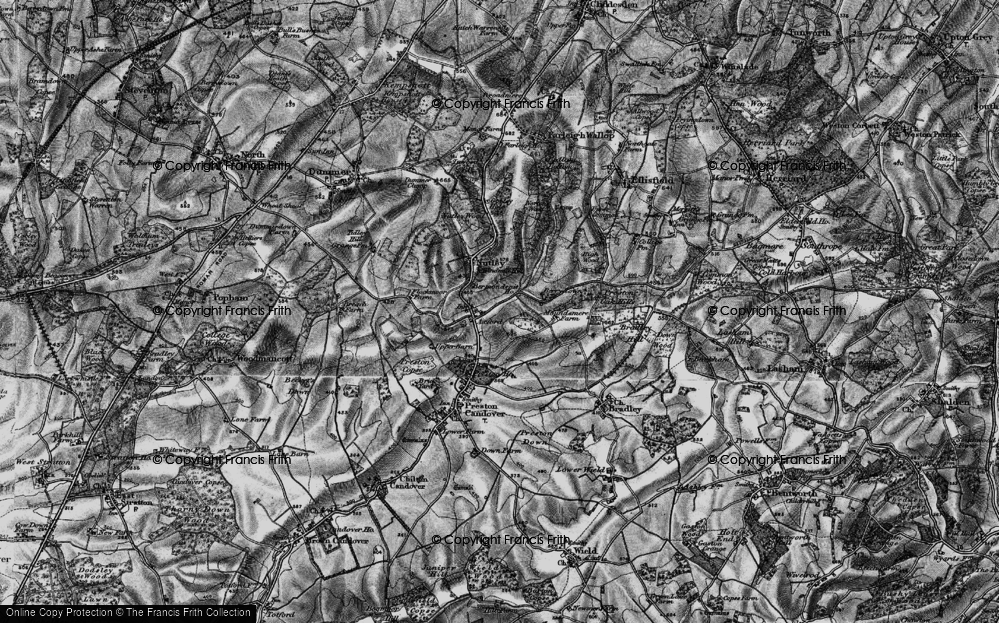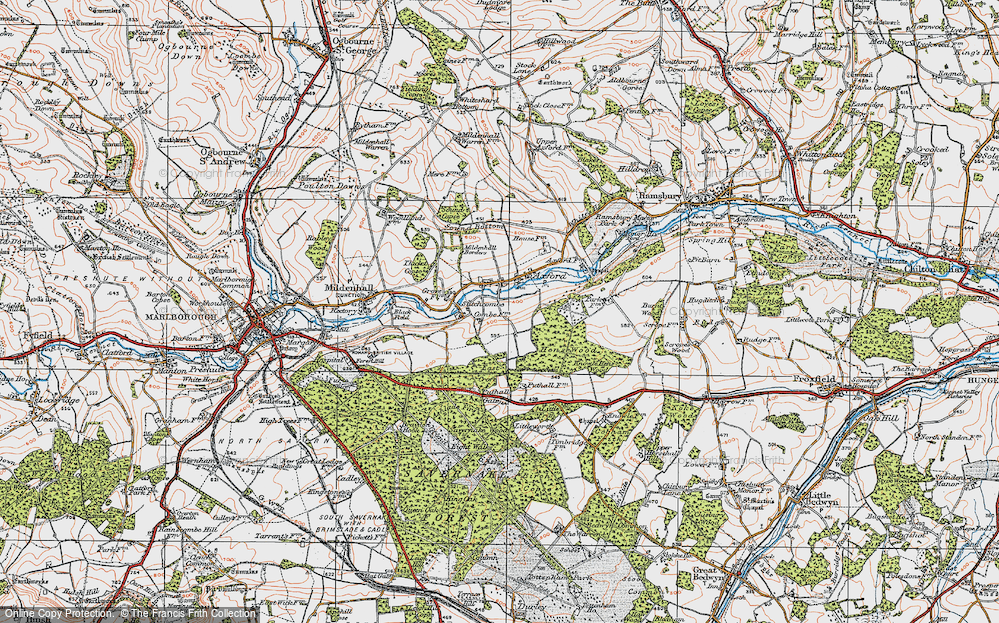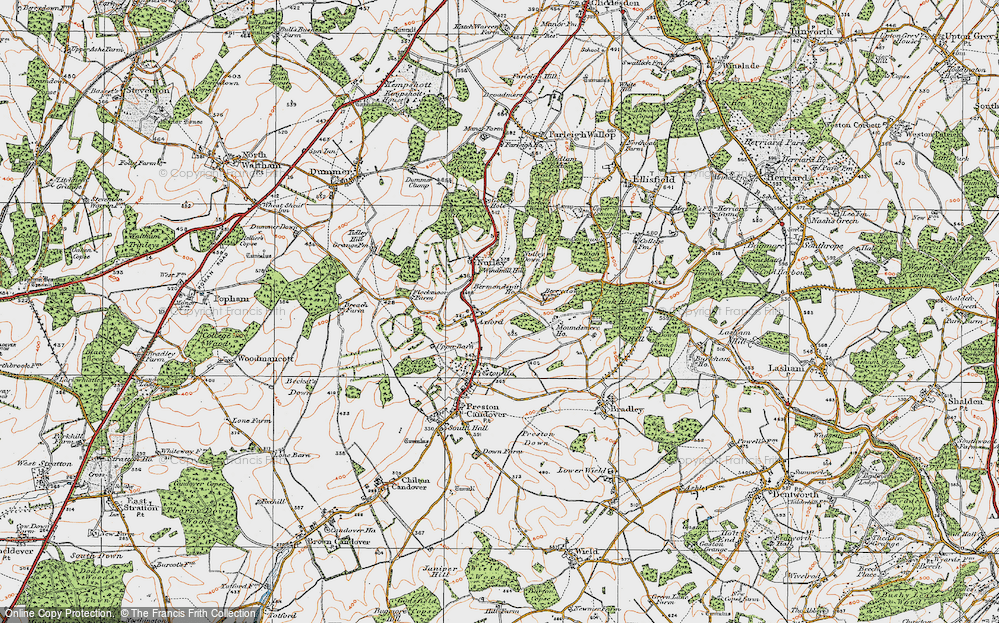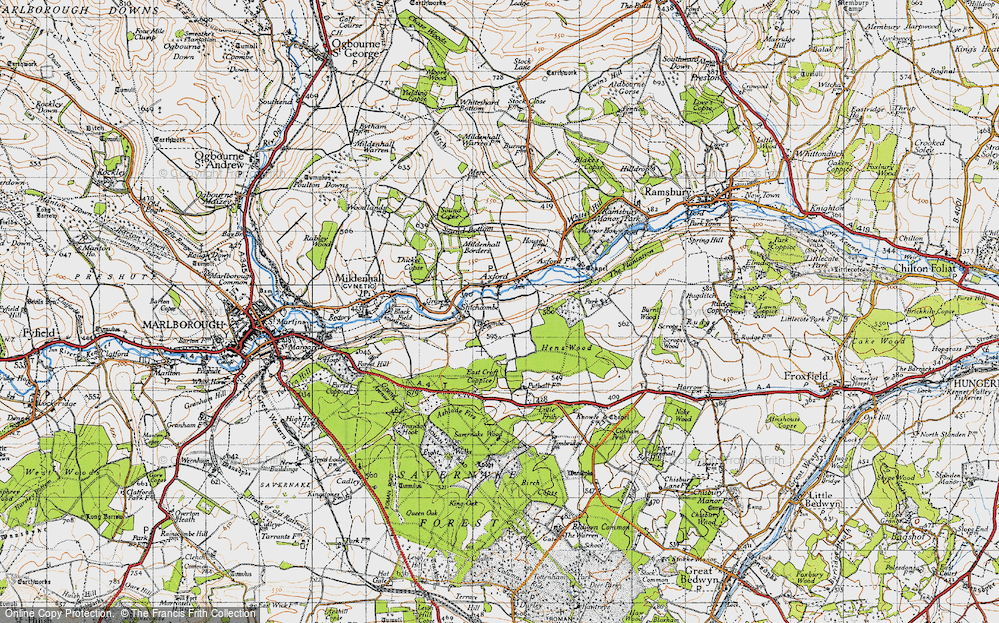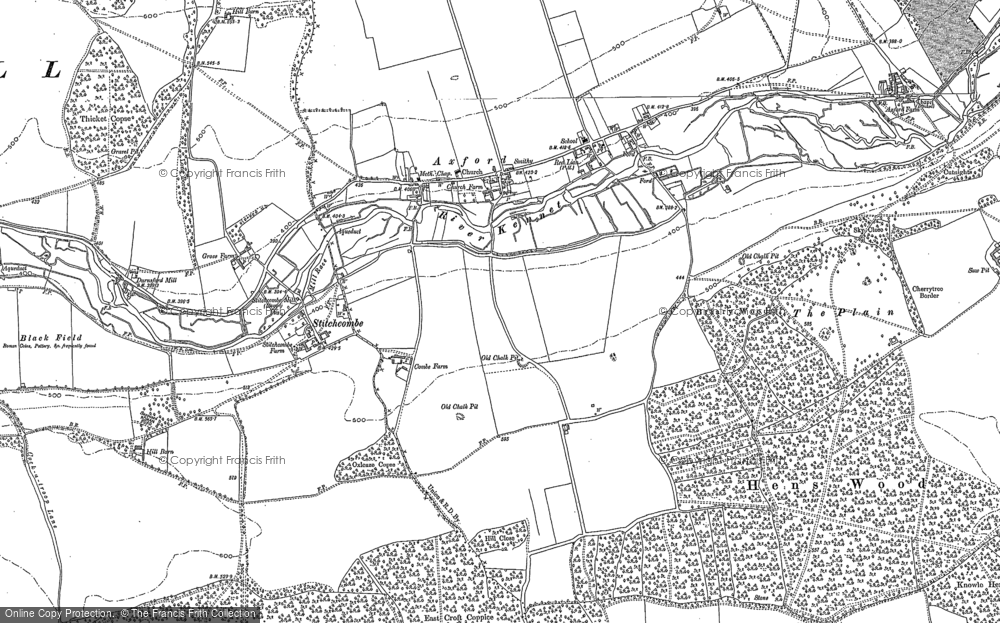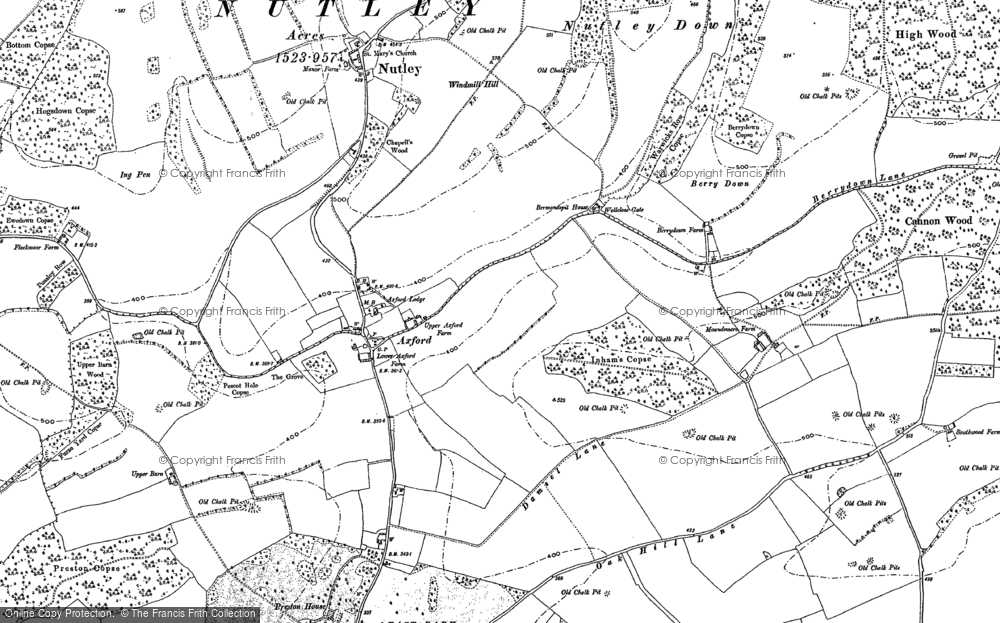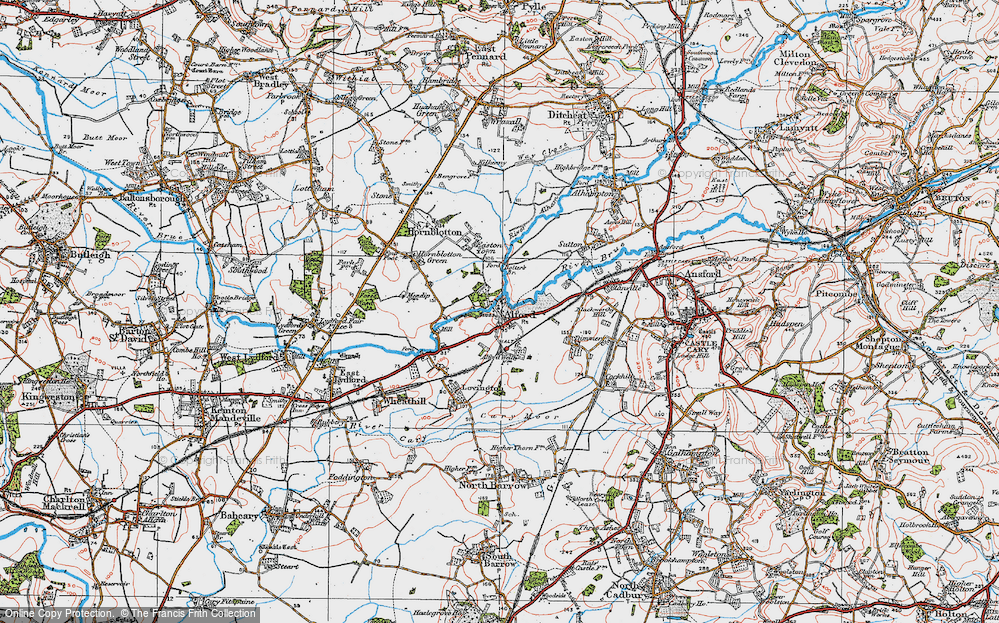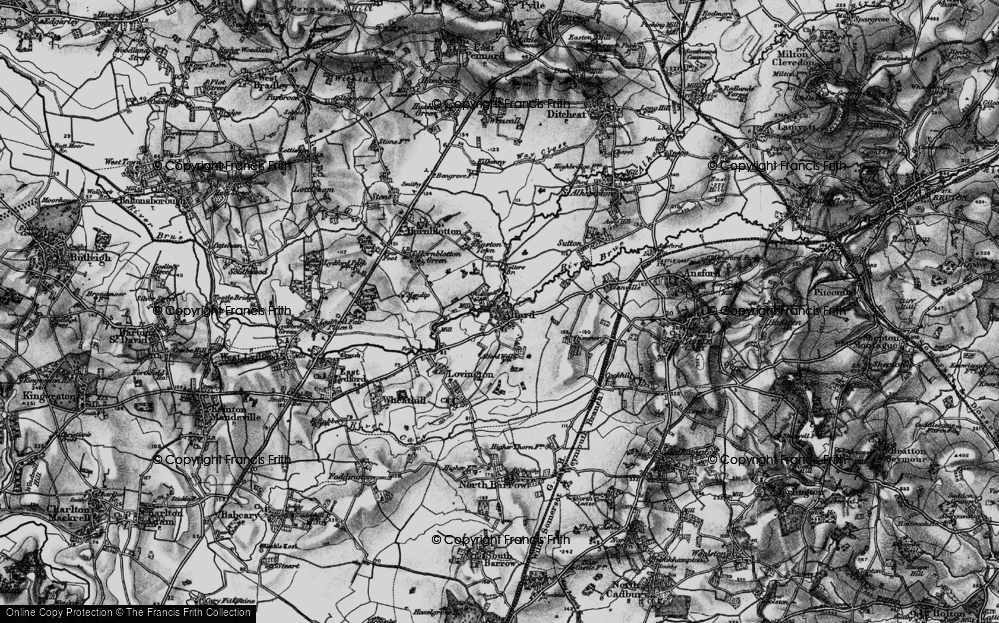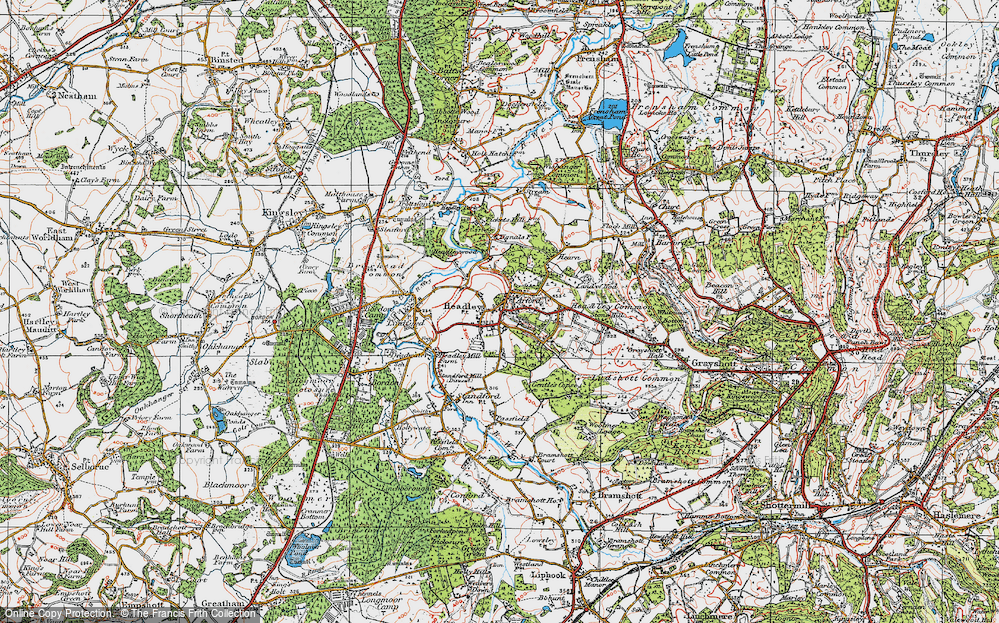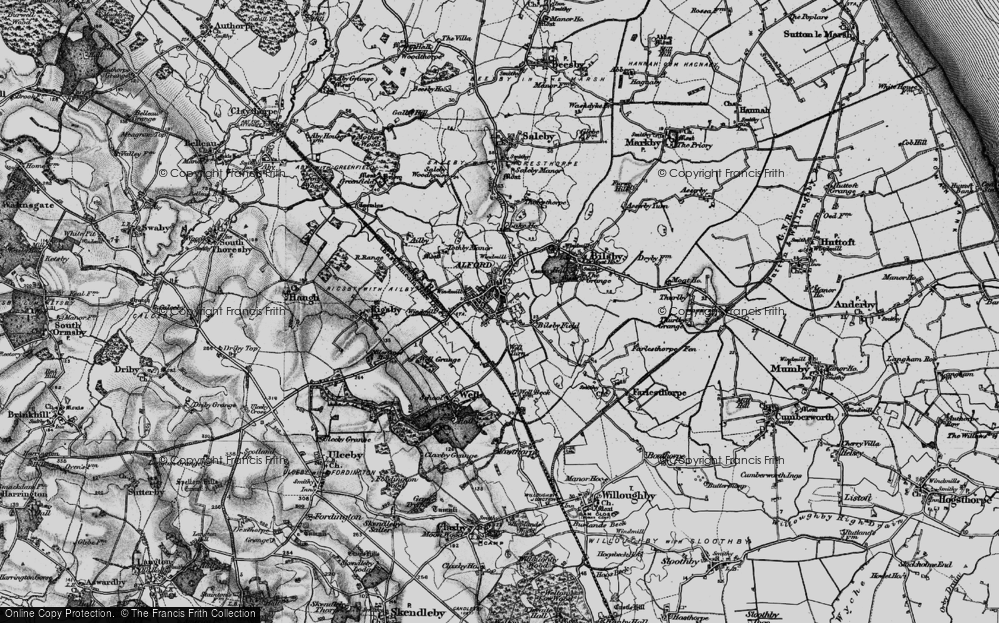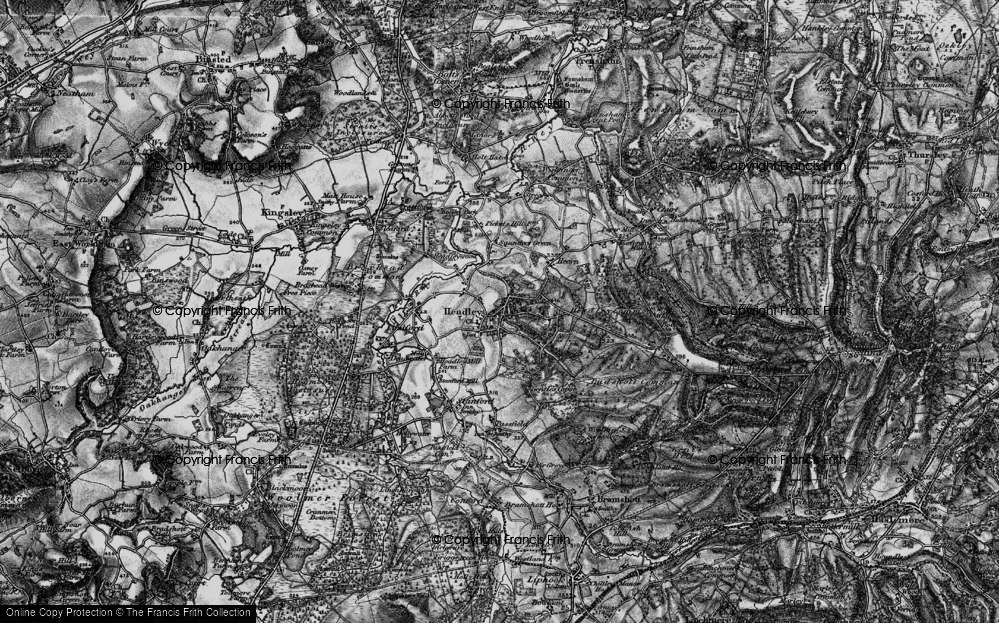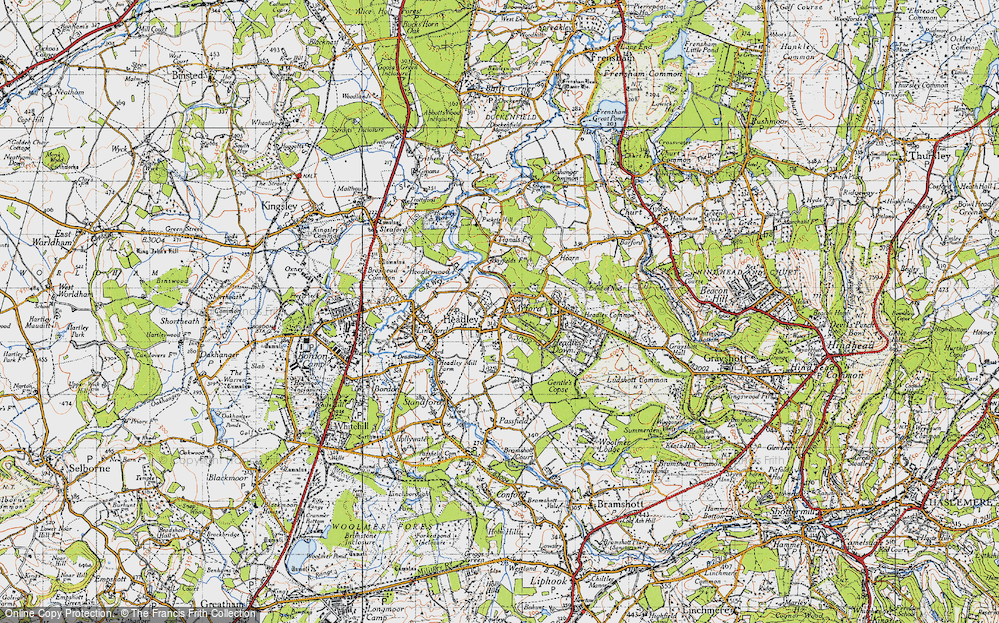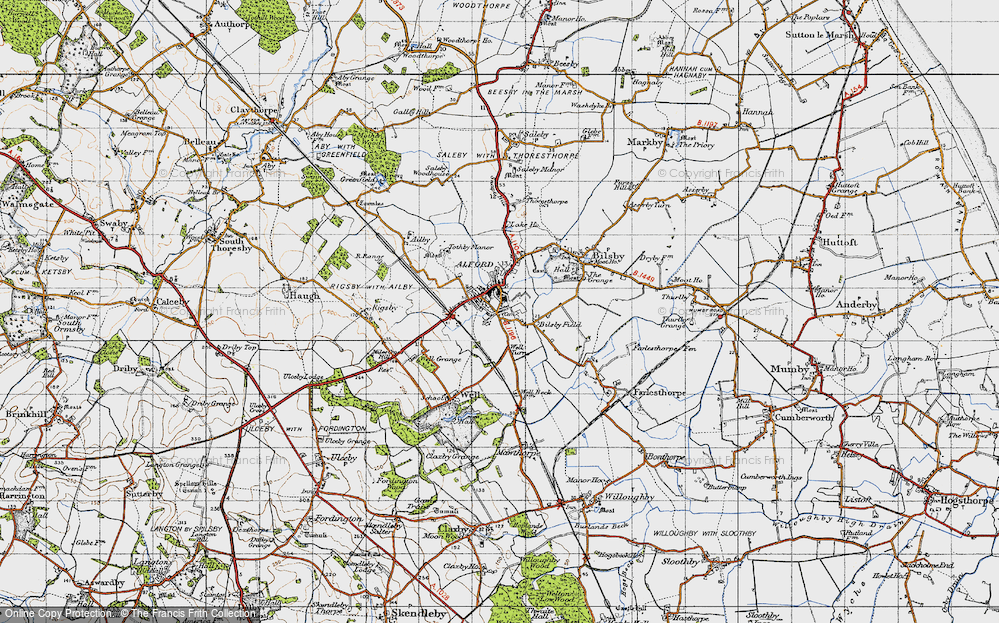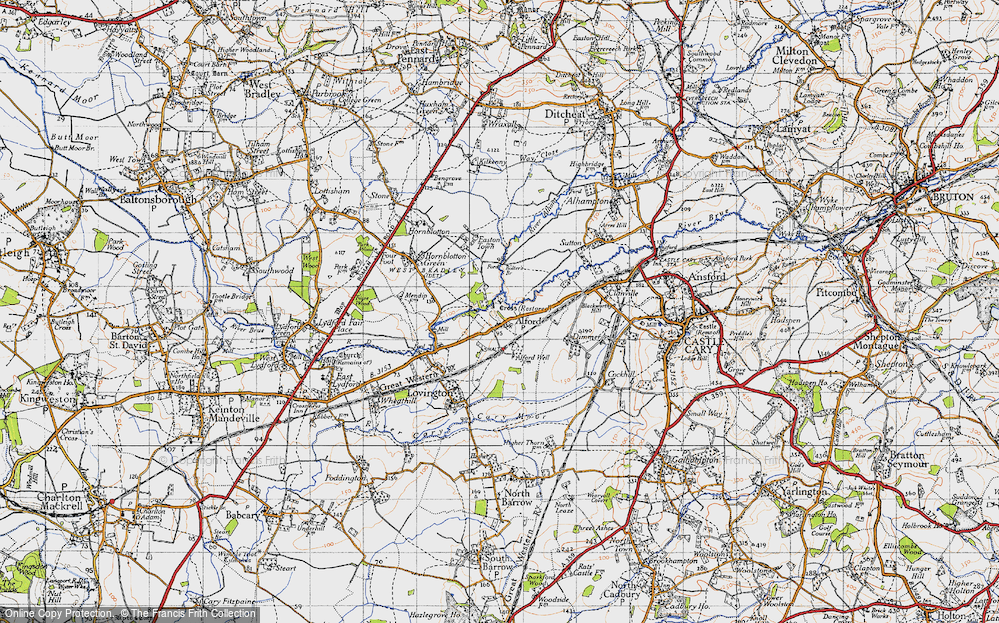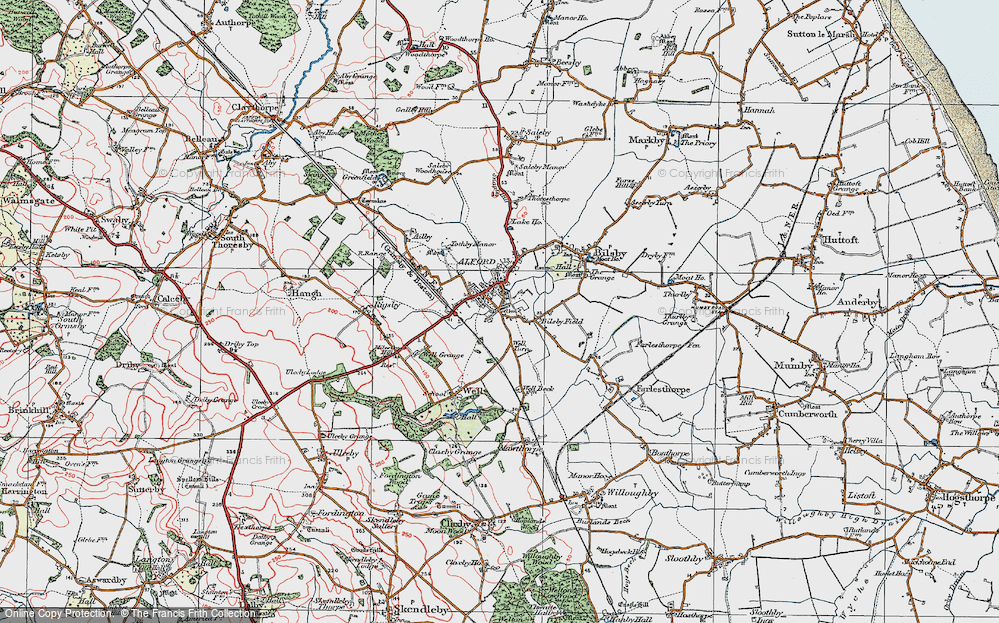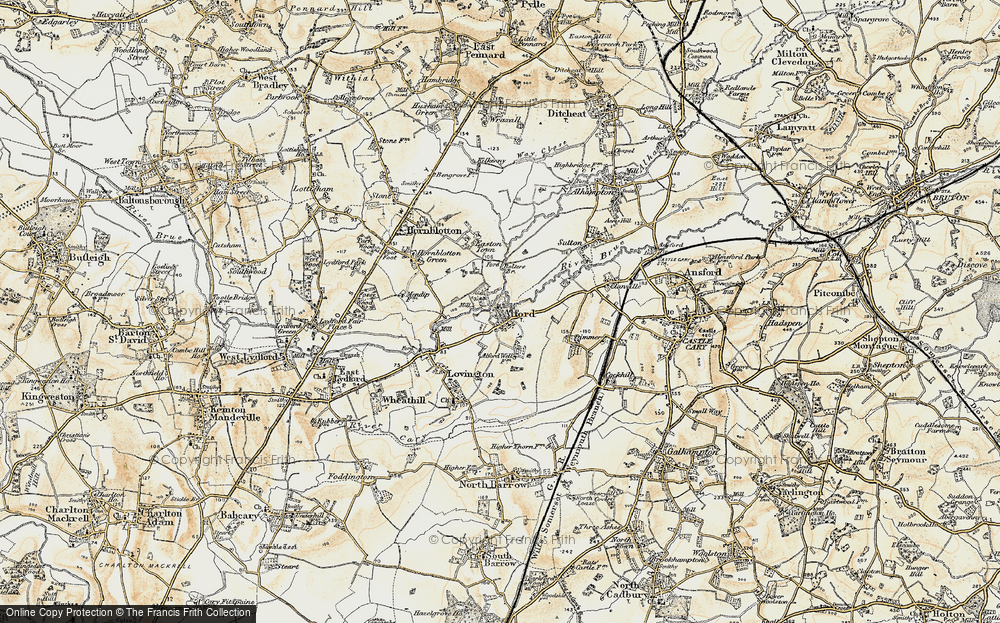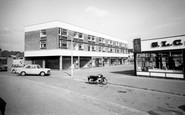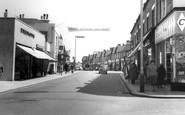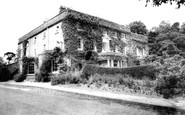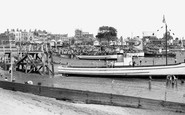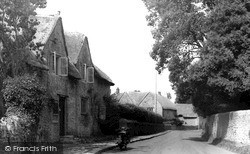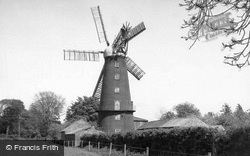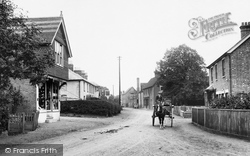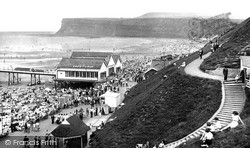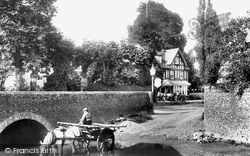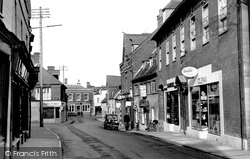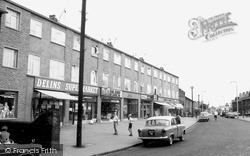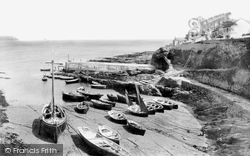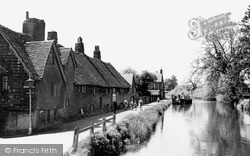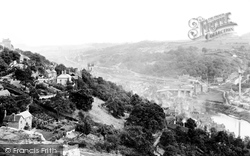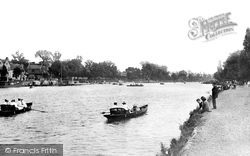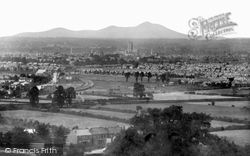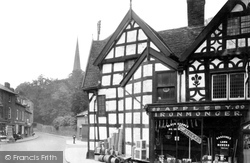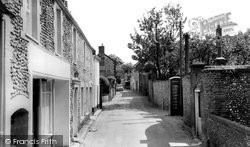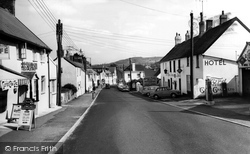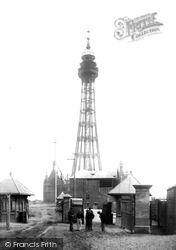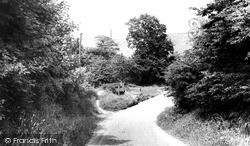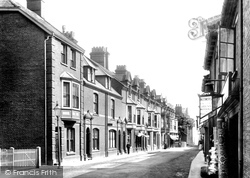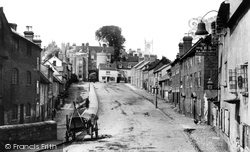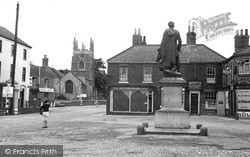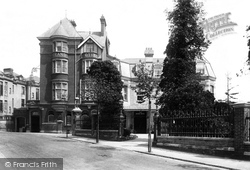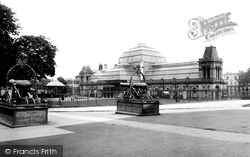Photos
Sorry, no photos were found that related to your search.
Maps
40 maps found.
Books
Sorry, no books were found that related to your search.
Memories
247 memories found. Showing results 1 to 10.
Post Office
I was born in Hereford in 1952 to Roland S G Hodges and Doreen his wife. I have fond memories of Kings Caple and Fawley. My grandmother ran the village post office for nearly 40 years right up to decimalization. She ran her Post ...Read more
A memory of King's Caple in 1960 by
Above Shop Flats
1963: We were so desperate for somewhere to live when we got married that we almost signed up for one of the upstairs flats above the shops. The flats were brand new and looked very attractive back then. The the reality set ...Read more
A memory of South Wigston by
Childhood Memories
I moved to Spencer Avenue, Hayes, when I was 5 and the war had just finished. My earliest recollections were of starting school at Yeading Lane and walking there through thick snow. Luckily we had school dinners so ...Read more
A memory of Hayes in 1947 by
Growing Up In Lower Belvedere
My first real memory of Belvedere was that of starting school at St Augustines Primary around 1954. I can recall a wind up gramaphone which the teacher would frantically wind up to keep the music playing, even a ...Read more
A memory of Belvedere in 1950 by
The Raf Estate
We lived on the RAF estate in Ickenham during the late 1950s, in a semi-detached house at 14 Nettleton Road. Every RAF home mirrored the next; their furnishings were also identical. You could move from Scotland to England (which we ...Read more
A memory of Ickenham in 1957 by
Chislehurst & Sidcup School For Girls
My parents were so pleased when I won a scholarship to the Sidcup branch of the school and my father bought me the new-fangled biro (was there a propelling pencil the other end?) as a present. Mum could only ...Read more
A memory of Sidcup in 1950 by
Nash Court
I too was a member of St Matthew's church choir in Stretford, Manchester. I remember going to Nash yearly for some years in the 1960s. Some of the choir men also went but I think the organiser was the choirmaster Mr Ronald Frost, who was ...Read more
A memory of Nash in 1965 by
Lawrence Weston Comprehensive School
I attended Lawrence Weston Comprehensive School from September 6, 1963 until February 1969. Although I had passed my 11 Plus examination very highly (highest in the southwest of England) and wanted to ...Read more
A memory of Lawrence Weston in 1963 by
No.1 Jetty And The Tsmv New Prince Of Wales 1, S.M.N.Co.
This twin screw motor vessel at the Jetty belonged to our family company, the Southend Motor Navigation Co. Ltd. She was built for the company in the 1920's by the local Hayward's ...Read more
A memory of Southend-on-Sea in 1950 by
The Anastasia Spaceship Ride
I first saw the spaceship ride when I was eight. Myself and two sisters, Audrey and Janet lived at Whitby Road Childrens' Home (formely Whitby Road Union Workhouse). In short, our family had been broken apart by ...Read more
A memory of Scarborough in 1953 by
Captions
98 captions found. Showing results 1 to 24.
Audrey Axford then ran it until its closure in 1965.
At the east end of the town is Alford Mill, a six-storey, five-sail mill built in 1813 by Sam Oxley, an Alford millwright.
At the east end of the town is Alford Mill, a six-storey, five-sail mill built in 1813 by Sam Oxley, an Alford millwright.
Notice the telegraph poles supplying the new telephone system to those who could afford it.
Another view showing the popularity of Saltburn as a holiday resort in the years which followed the end of the Second World War, but before the advent of the affordable package
A late 19th-century advertisment for the George Hotel reads: 'This house, being in the centre of the picturesque scenery of Pangbourne, affords every accommodation for tourists, boating parties or anglers
In very early times Fordingbridge was known simply as 'Forde' , a crossing point of the Avon since prehistoric times.
And if you could not afford a television, rent it from DER.
The little concrete pier affords some protection to the fishing boats at Portscatho, although it is barely a harbour. Nare Head and the Gull Rock can be seen across Gerrans Bay.
A late 19th-century advertisement for the George Hotel reads: 'This house, being in the centre of the picturesque scenery of Pangbourne, affords every accommodation for tourists, boating parties or
A late 19th-century advertisement for the George Hotel reads: 'This house, being in the centre of the picturesque scenery of Pangbourne, affords every accommodation for tourists, boating parties
This picture affords us a view across Ironbridge.
However, such pleasures were really only available to those middle-class people that could afford the time to spend in this fashion.
It now houses the Gloucestershire Wildlife Trust, and affords massive views of the city and, of course, the cathedral.
A favourite epitaph is that over the graves of Thomas Scaife and Joseph Rutherford, killed in a railway accident: 'My engine now is cold and still, No water does my boiler fill; My coke affords its flames
Founded by Nora Clogstoun in 1946, the association is not just concerned with the preservation of these beautiful homes; its primary purpose is to provide affordable homes to rent for local people.
His notable pupil in 1820 was Henry Alford (1810-71) who became Dean of Canterbury.
It afforded magnificent views of the Isle of Man, the Welsh mountains and the Lakeland fells from the viewing platform at the top.
Set on the edge of the North Yorkshire Moors National Park, Moorsholm is surrounded by some beautiful countryside with picturesque lanes affording endless lovely walks.
Many of these houses rented out rooms to summer lodgers who were unable to afford bed and board in more prestigious hotels.
The Bell Inn with its 'good stabling' is obviously for visitors to the town (those who cannot afford to stay at the Feathers or the Angel), while the Wheatsheaf probably serves an even poorer
Spilsby got its market charter in 1302, a little later than Alford, and its centrepiece is the rectangular market place.
Even in a class-ridden Victorian society, Bournemouth entertained anyone who could afford to stay in the town.
It was built in 1879 to a design by J T Darby, with the intended purpose of providing 'a large concert room and other accessories, calculated to afford recreation and amusement to the upper classes.'
Places (2)
Photos (0)
Memories (247)
Books (0)
Maps (40)


